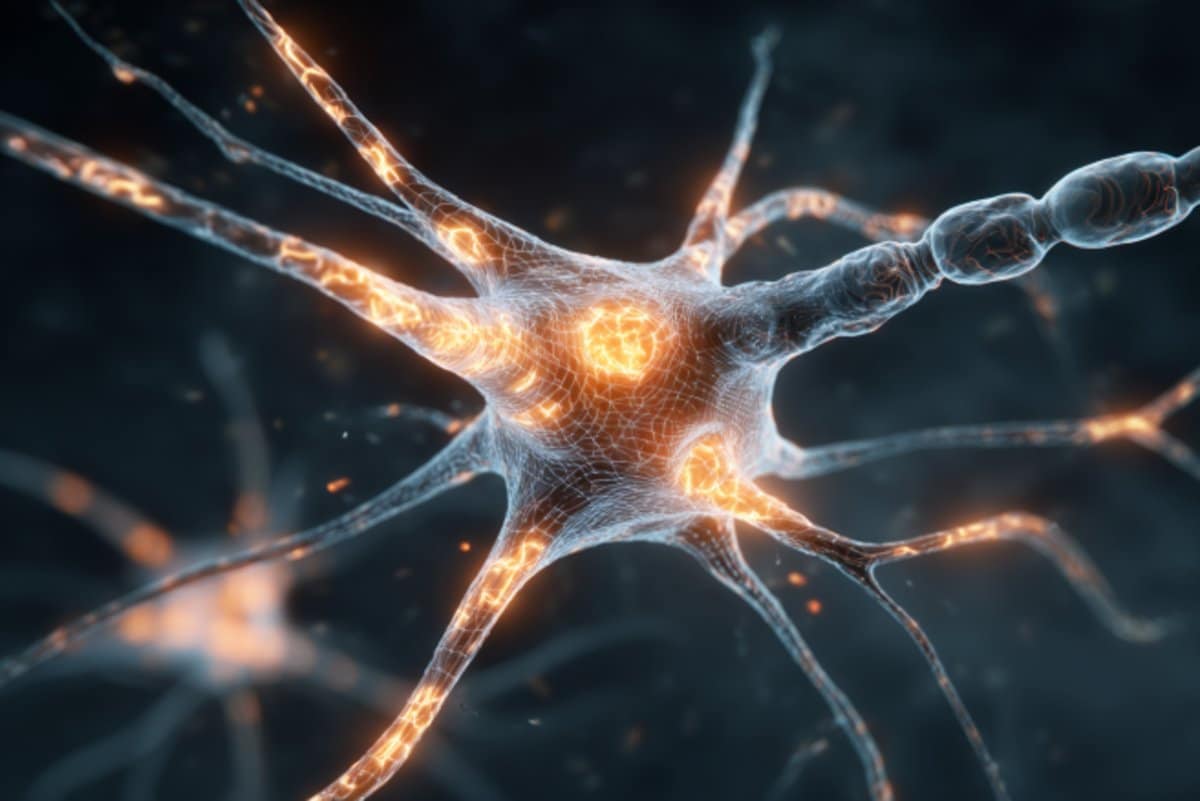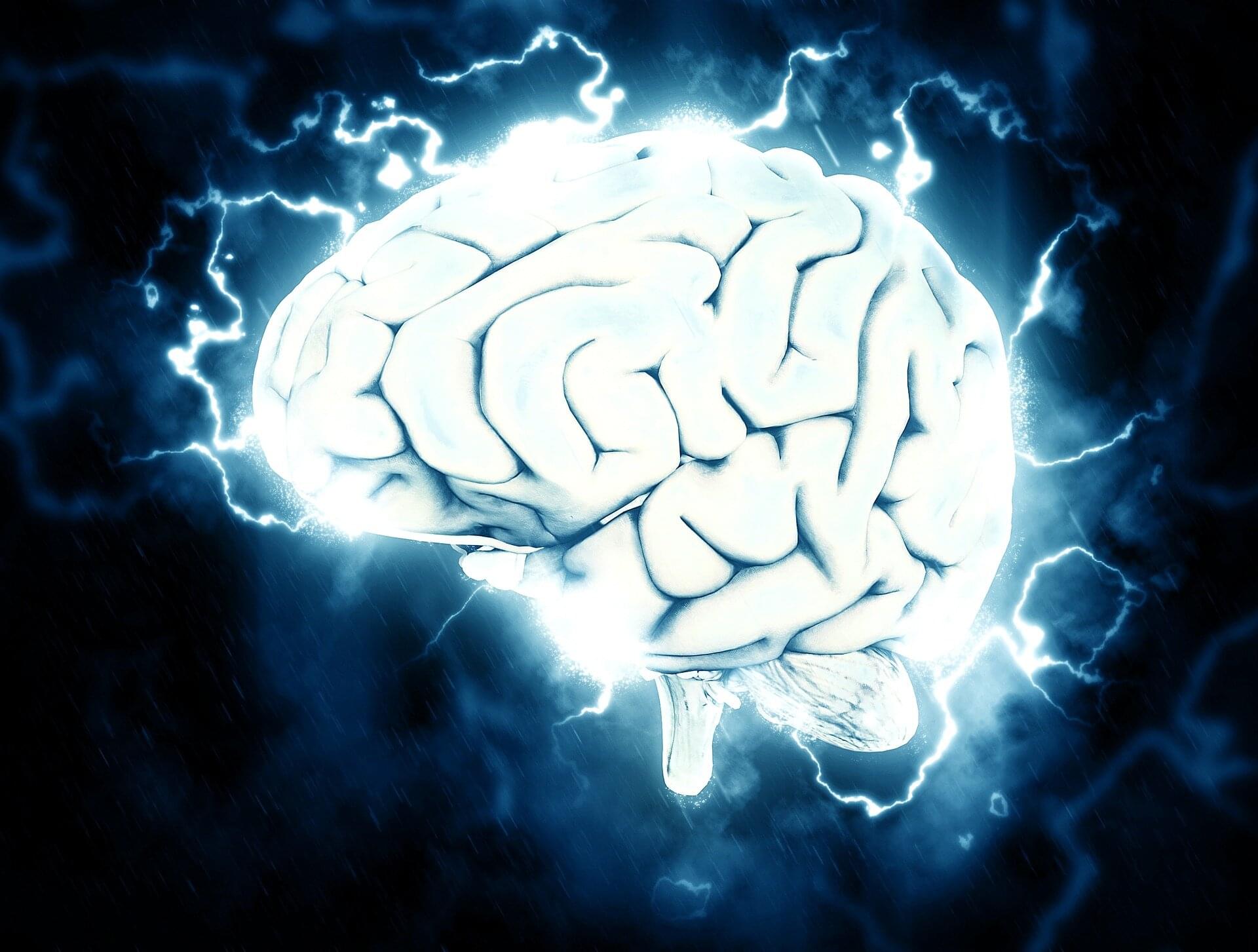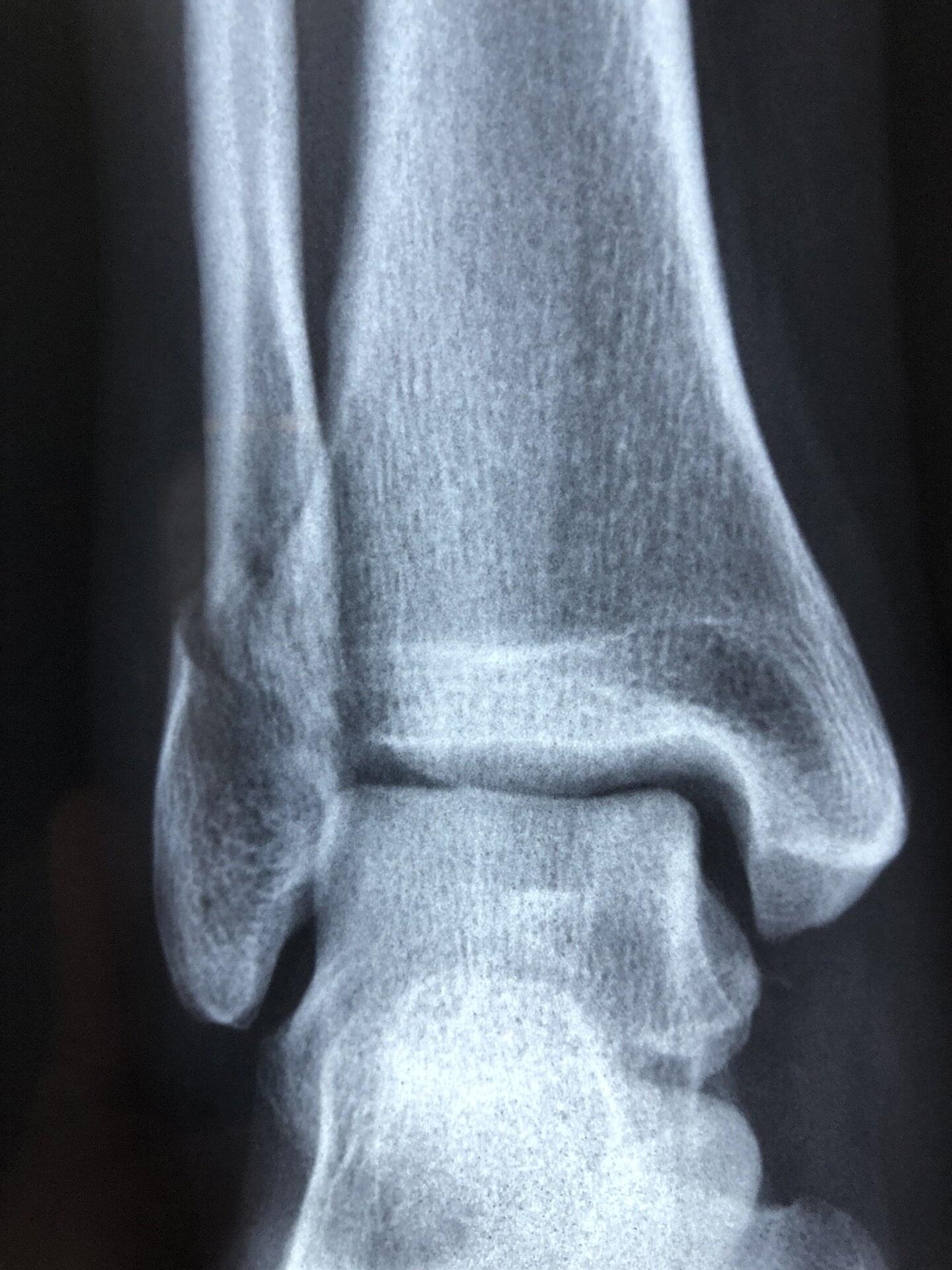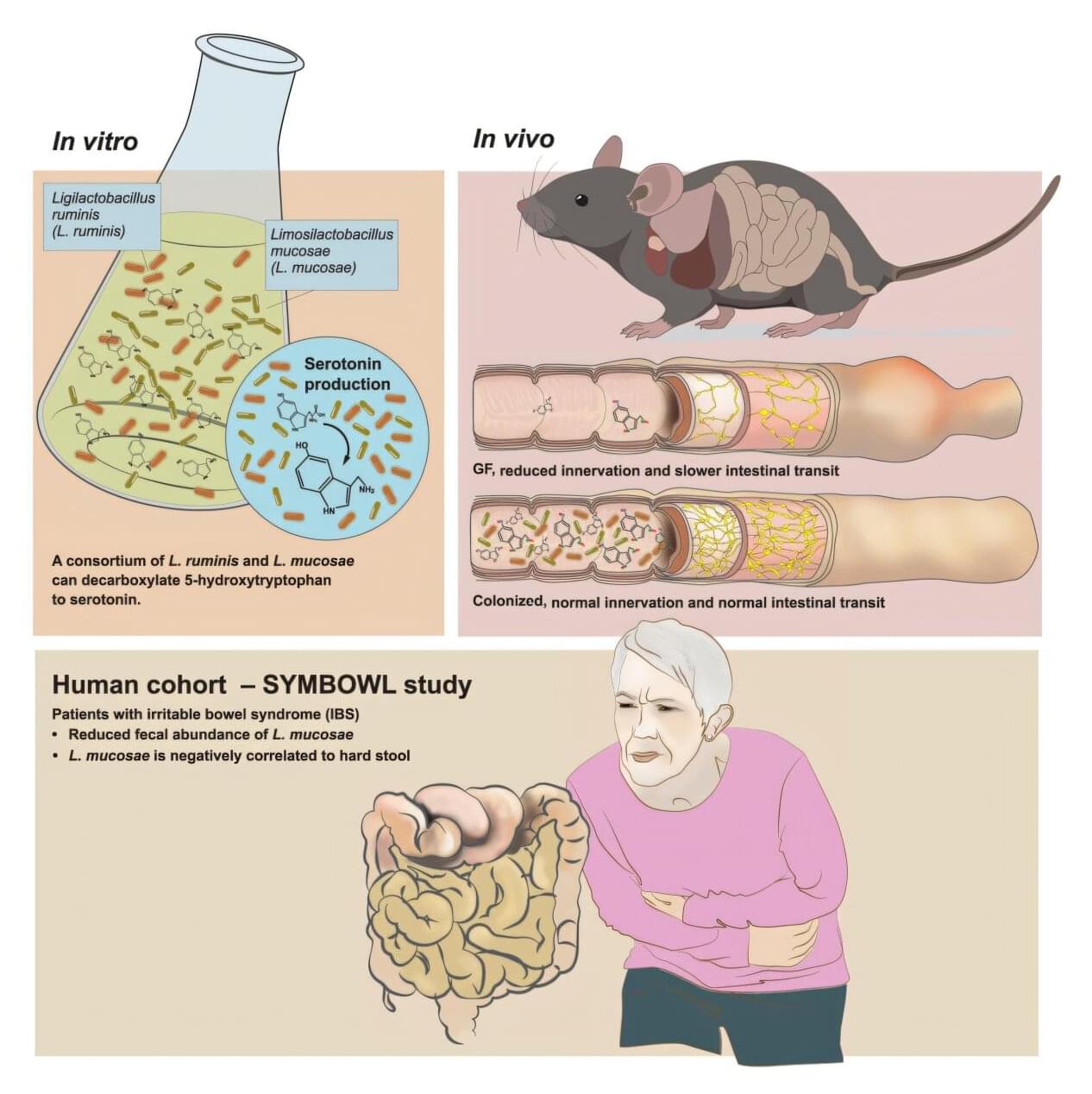A groundbreaking study reveals how neurons sense and transmit mechanical forces across their membranes—a key to understanding touch, movement, and development.



For 25 years, scientists have studied “SuperAgers”—people aged 80 and above whose memory rivals those decades younger. Research reveals that their brains either resist Alzheimer’s-related plaques and tangles or remain resilient despite having them.
These individuals maintain a youthful brain structure, with a thicker cortex and unique neurons linked to memory and social skills. Insights from their biology and behavior could inspire new strategies to protect cognitive health into late life.
For the past 25 years, researchers at Northwestern Medicine have been examining people aged 80 and older, known as “SuperAgers,” to uncover why their minds stay so sharp.

Scientists have identified hundreds of genes that may increase the risk of developing Alzheimer’s disease but the roles these genes play in the brain are poorly understood. This lack of understanding poses a barrier to developing new therapies, but in a study published in the American Journal of Human Genetics, researchers at Baylor College of Medicine and the Jan and Dan Duncan Neurological Research Institute (Duncan NRI) at Texas Children’s Hospital offer new insights into how Alzheimer’s disease risk genes affect the brain.
“We studied fruit fly versions of 100 human Alzheimer’s disease risk genes,” said first author Dr. Jennifer Deger, a neuroscience graduate in Baylor’s Medical Scientist Training Program (M.D./Ph. D.), mentored by Drs. Joshua Shulman and Hugo Bellen.
“We developed fruit flies with mutations that ‘turned off’ each gene and determined how this affected the fly’s brain structure, function and stress resilience as the flies aged.”


Nearly everyone has experienced it: After a night of poor sleep, you don’t feel as alert as you should. Your brain might seem foggy, and your mind drifts off when you should be paying attention.
A new study from MIT reveals what happens inside the brain as these momentary failures of attention occur. The scientists found that during these lapses, a wave of cerebrospinal fluid (CSF) flows out of the brain—a process that typically occurs during sleep and helps to wash away waste products that have built up during the day. This flushing is believed to be necessary for maintaining a healthy, normally functioning brain.
When a person is sleep-deprived, it appears that their body attempts to catch up on this cleansing process by initiating pulses of CSF flow. However, this comes at a cost of dramatically impaired attention.
A new report suggests Sam Altman is building a brain interface using sound waves, potentially rivaling Elon Musk’s Neuralink.


Peripheral afferent neurons—nerves that send signals from all areas of the body to the central nervous system (brain and spinal cord)—are known to infiltrate and grow within malignant bone tumors called osteosarcomas, often accompanied by severe pain.
In a study published in Proceedings of the National Academy of Sciences, a multicenter research team led by Johns Hopkins Medicine reports that two analgesic drugs, bupivacaine and rimegepant, which are used to inhibit the formation and functioning of these neurons, not only relieve tumor-associated pain in laboratory mice, but also slow the unchecked growth of the cancer.
“Our findings suggest that these two medications—already approved by the U.S. Food and Drug Administration [FDA] for relieving nerve pain [bupivacaine] and migraines [rimegepant]—might one day be repurposed as anti-tumor therapies,” says study lead author Sowmya Ramesh, Ph.D., a postdoctoral researcher in pathology at the Johns Hopkins University School of Medicine.

Research from the University of Gothenburg, Sweden, clarifies the complex interaction between gut bacteria and irritable bowel syndrome (IBS). Experiments demonstrate that gut bacteria can produce the important substance serotonin. The finding may lead to future treatments.
IBS is a common gastrointestinal disorder, more common in women, with symptoms such as abdominal pain, constipation or diarrhea. The cause of the disease is not clear, but the intestinal environment, including the gut microbiota and serotonin, appear to be important factors.
Serotonin is best known as a neurotransmitter in the brain, but over 90% of the body’s serotonin is produced in the gut, where it controls bowel movements via the enteric nervous system, sometimes called the “gut–brain.”

Lead poisoning isn’t just a modern phenomenon: fossil teeth show signs that it affected ancient hominids, and Homo sapiens may have coped better than our close relatives.